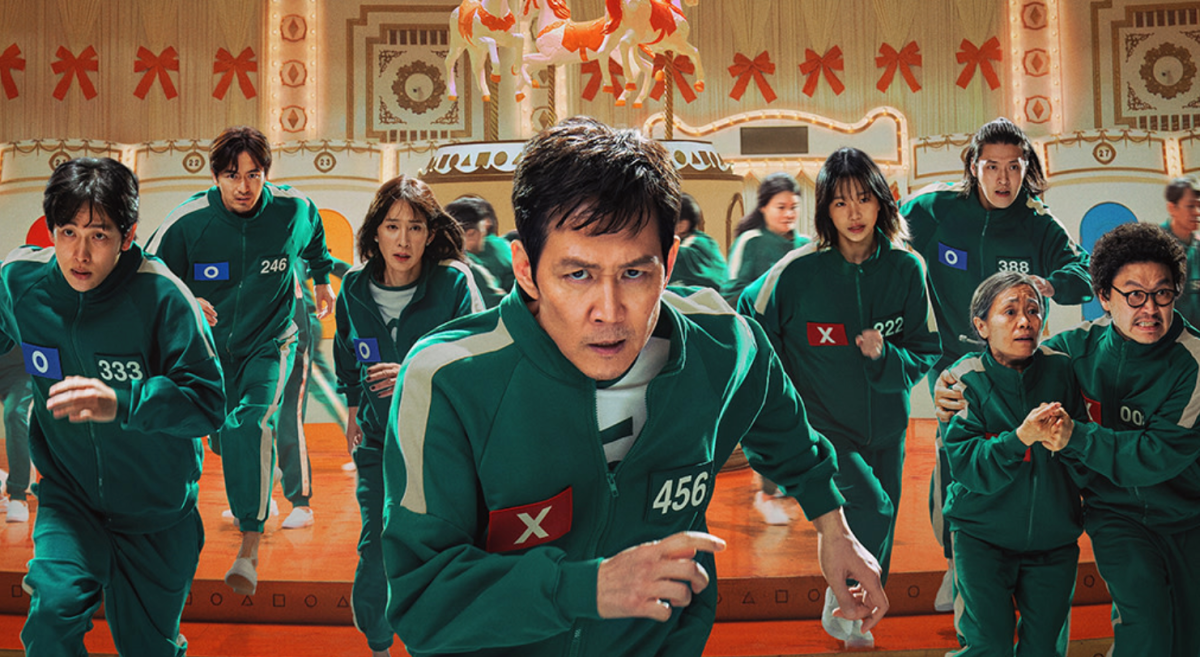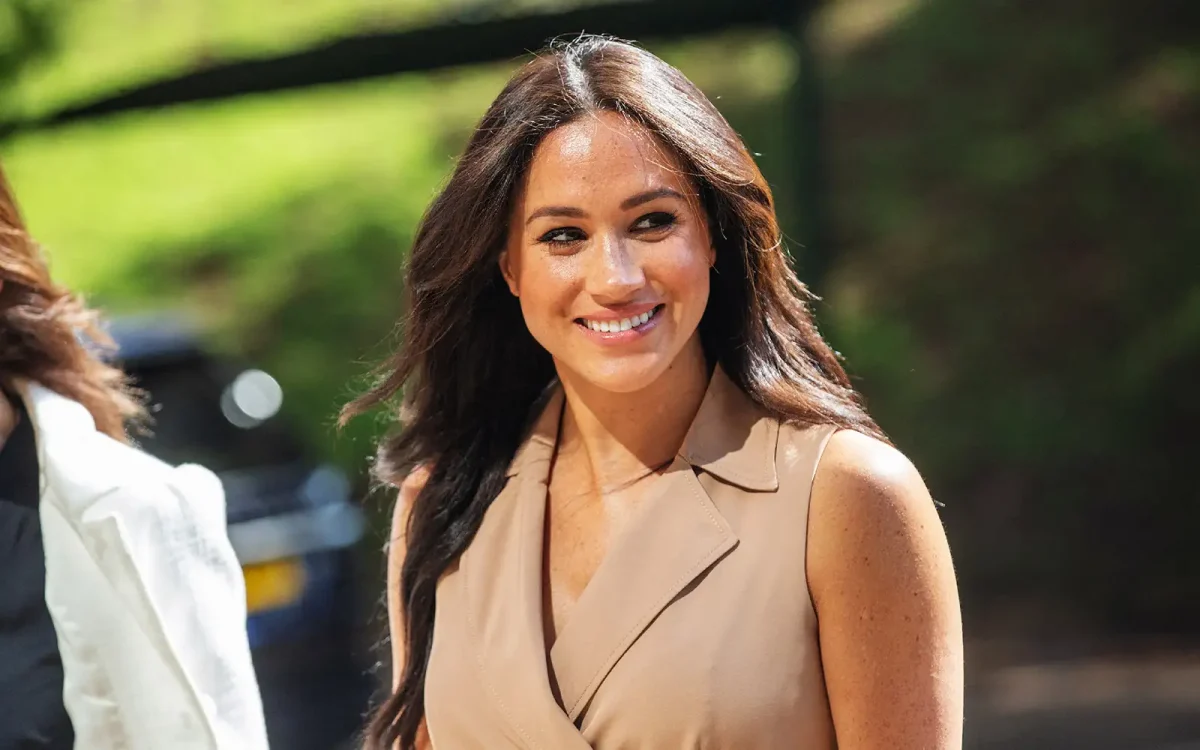Squid Game was a cultural phenomenon I could never forget. Never could I have imagined my friends raving about classic games I played growing up in Seoul. I hoped the show would help millions overcome the language barrier barring them from Korean media — a world of films with flawless production, stellar acting and nuanced stories. No Korean media captured an international audience as much as Squid Game, but upon seeing the new season preview front and center on Netflix, I picked up the TV remote with high hopes that Squid Game 2 would be the next to revolutionize the industry.
Squid Game 2 steps back from being a critique of capitalism and positions the spotlight away from flashy, suspenseful children’s games. Instead, director Hwang Dong-hyuk focuses on the conflict between the contestants themselves and lets the games play as a nostalgia factor to bring back the original audience.
The execution was remarkable — the frontman restructured the voting system by giving the contestants the X or O patch on their uniform, indicating their desire to keep playing or leave the games. The division between the players intensified both the games and the dormitory scenes, and I admire Hwang’s decision to give Squid Game 2 its own identity, as he could have easily repeated the formula of the first season.
Of course, a Squid Game show, even the monstrosity of Squid Game: The Challenge, is nothing without its characters. Comparing the cast to the first season, the characters are more unconventional: a substance-abusing rapper, a mother-son duo, a transgender ex-special forces sergeant, a cryptocurrency YouTuber and his pregnant ex-girlfriend. While it was a great decision to introduce different methods of entering debt, these characters can be easily defined by one-off traits instead of their personality. Unfortunately, this means that Squid Game 2 left most of the character development to remain at the surface level.
Don’t get me wrong — it’s not as if Thanos the rapper would have benefited from a pitiful backstory or redemption arc. I’m glad that Hwang didn’t force any unnecessary development, and let the interactions between characters build onto their story. It’s especially great to see more mainstream representation of transgender people, particularly in Korea, a more conservative country.
Not all of the cast is new. Jung-bae, Gi-hun’s friend from the first season, bridges the gap between the first two seasons and brings subtle emotions out of the stoic Gi-hun. The most shocking addition to the cast is the frontman himself, taking on the role of player number 001. After the shock factor wore off, the frontman admittedly didn’t do much. It seems he just wanted to toy with Gi-hun as much as possible before returning to his position.
I mentioned earlier that the individual games aren’t the focus of the show, but that is not to say that they can be ignored. Gi-hun yelling “FREEZE!” during Red Light, Green Light acts as a great parallel to the very first game of the franchise and sets up his strategy for saving as many people as possible. The Pentathlon and Mingle were thrilling additions to the game lineup, and I’m not lying when I say I had nightmares of playing these games after watching the episode.
As the games progressed, I empathized with the X players while believing that all the Os deserved their deaths. I was shocked that I could ever justify someone’s death, especially after I realized that no matter if they had an X or an O on their chest, their unfortunate circumstances led them to risk their lives for a cash prize. It was amazing to experience new emotions with such simple changes to the games.
Gi-hun is not the same player 456 as he was in the first season. After all, he’s “played these games before!” He believes that he owes it to the fallen contestants to end the games, and it’s perhaps the most complex idea throughout the series. In the final scenes, Gi-hun’s hero complex takes full control of him as he stages an uprising with limited ammo against a seemingly infinite number of pink guards. It was a self-destructive decision, but that’s exactly why Gi-hun’s trauma was such a great theme to explore — he’s willing to sacrifice the lives of the new contestants to make up for the deaths in the first competition.
With Gi-hun and the other players failing to overthrow the frontman, the screen faded to black. I was heavily disappointed since the marketing around Squid Game 2 made it seem like we’ll finally see Gi-hun defeat the frontman. Some of the characters were heavily underutilized as well, like No-Eul, the first-ever pink soldier in the main cast. I also wished that the B plot, the detective hunting for the island’s locations, progressed to some degree. It would have been great for both of these sub-plots to intertwine and set up for the final act to end the games. Squid Game fans are now left in an awkward limbo between the second and third seasons. However, the fact that my least favorite aspect of Squid Game 2 is rooted in my anticipation to consume more Squid Game content speaks for itself.
It may seem that I excessively compared the two seasons of Squid Game, but that’s because the first season set the bar exceptionally high. I had my doubts when entering the second season, and there was very little room for error if Netflix wanted to replace the first Squid Game as the most-watched show in Netflix history. Even with such high expectations, watching the second season felt like watching Squid Game for the first time again. I can safely say that I am beyond excited to jump back into the games and watch the final installment of Gi-hun’s story.









